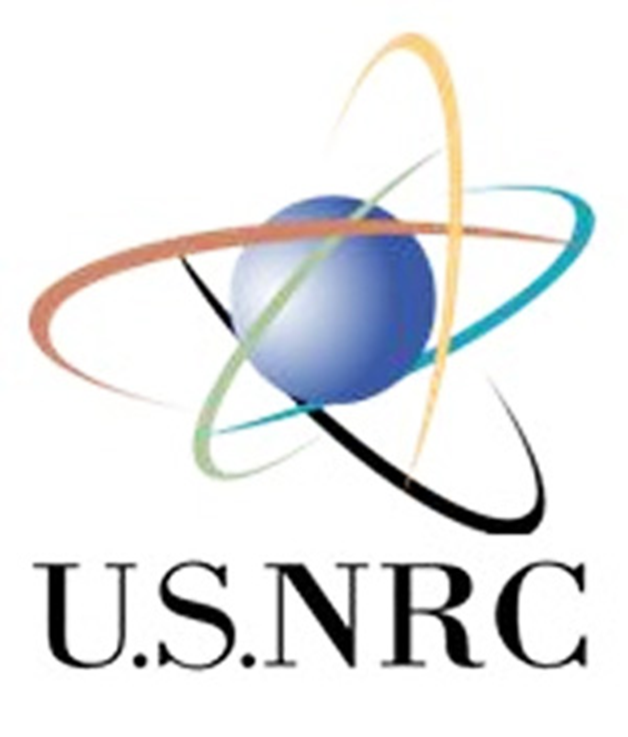The Inspector General of the U.S. Nuclear Regulatory Commissions (NRC) released a new report last Thursday. The report states that counterfeit parts have been discovered in U.S. nuclear power plants. These parts increase the risk of a safety failure. This report will have a serious effect on the U.S. nuclear industry which has been shrinking due to the impact of dropping renewables and natural gas costs.
The report said, “Counterfeit parts are safety and security concerns that could have serious consequences in critical power plant equipment required to perform a safety function.”
The report evaluated concerns that counterfeit parts are present in most if not all U.S. nuclear power plants. The authors of the report sampled a plant from each of the NRC’s four regions. They found data that showed fake parts were used in plants in the Midwest.
In addition, the report included a quote from a “well placed NRC principle” in which the inspector general was told about two component failures at plants in the U.S. Northeast that plant operators determined involved counterfeit parts. A recent inspector general audit report revealed that the parts are currently in use at operating nuclear power plants but did not provide details.
The Department of Energy (DoE) has identified over one hundred incidents involving counterfeit, fraudulent or suspect items (CFSI) in reactors monitored by the NRC in fiscal year 2021 alone.
Counterfeit parts found in operating reactors have included an emergency service water pump shaft, temperature sensors used to identify steam line breaks, and breaker switches meant to prevent fires, according to the report.
The report also said that the NRC may be underestimating the number of counterfeit parts in plants “because it does not require licensees to report CFSI except in extraordinary circumstances, such as those involving the failure of equipment that performs a significant safety function.”
Scott Burnell is a spokesperson for the NRC. He said, “While the report's findings include the ongoing presence of CFSI at U.S. reactors, nothing in the report suggests an immediate safety concern. The NRC’s office of the Executive Director for Operations is thoroughly reviewing the report and will direct the agency’s program offices to take appropriate action.”
Edwin Lyman is the director of nuclear power safety at the Union of Concerned Scientists. He thinks that the NRC needs to work much harder to counter the problems with counterfeit parts. He also said, “This troubling report shows that the NRC needs to do much more to ensure that counterfeit or fraudulent parts with potentially dangerous defects are kept out of US nuclear power plants -- including strengthening requirements for plant owners to report and correct such problems as soon as they are discovered.”
The administration of President Biden has said that it believes that nuclear fission reactors will play a critical role in decarbonizing the U.S.’s economy to fight climate change because they do not release carbon dioxide during normal operations. Nuclear power backers also point out the reactors do not release harmful particulate pollution like fossil fuels plants do.
